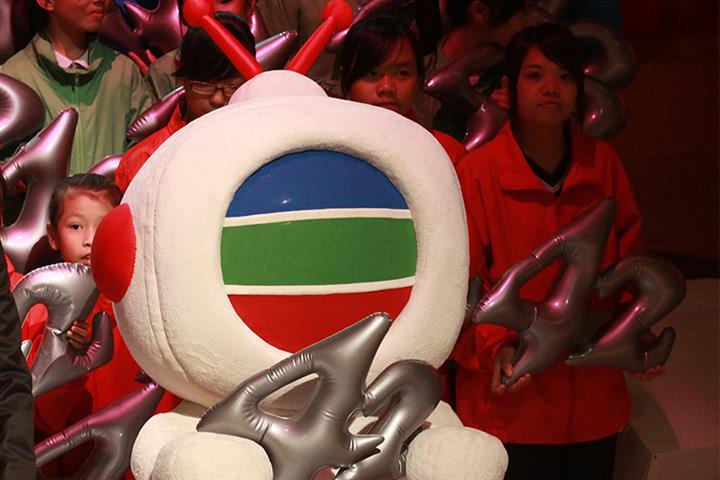 TVB's Shares Retreat After HK Broadcaster's Annual Loss Widens Despite Livestream Sales
TVB's Shares Retreat After HK Broadcaster's Annual Loss Widens Despite Livestream Sales(Yicai Global) March 15 -- Shares of Television Broadcasts walked back some of their gains over the past two weeks after the Hong Kong-based operator of five free-to-air channels forecast an expanding loss for 2022 despite its new live-streaming business.
The broadcaster's stock price [HK: 0511] tanked 7.8 percent to HKD10.14 (USD1.30) as of 2.37 p.m. The shares soared over four times to hit a more than four-year high of HKD17.90 on March 9 after the firm partnered with Chinese e-commerce platform Taobao on Hong Kong drama-style live streaming.
Founded in 1967, TVB once was famous in Asia with many timeless dramas but in recent years the operator of TVB Pearl and TVB Jade has fallen into deficit.
In 2022, TVB predicts to have logged a net loss ranging from HKD790 million to HKD830 million (USD100 million to USD106 million), widening from a deficit of HKD647 million in 2021, the company revealed in its earnings outlook yesterday.
TVB's loss expanded because the advertising market of Hong Kong remained weak for most of last year, limiting revenue growth, the firm said, adding that the Covid-19 pandemic led to a slowdown in the company's co-production business.
Besides that, other factors added to stock price pressures. Dodge & Cox, an American mutual fund company that is the third-largest stockholder of TVB, sold over six million shares on March 9 to earn HKD80 million (USD10.2 million). After that, it has a nearly 8.1 percent stake in the media company, holding 35.4 million shares, according to the latest data from the Hong Kong Stock Exchange.
TVB has been exploring live streaming on two mainland platforms. After selling goods on Douyin, the Chinese version of TikTok, since the second half of last year, the broadcaster teamed with Taobao early this month to collaborate on more than 48 live e-commerce shows this year, a partnership expected to generate tens of millions of Hong Kong dollars of revenue for TVB.
However, TVB said on March 9 that its live e-commerce activities on the mainland are still in the early stages, and how that contributes to the group in the future cannot yet be evaluated.
Editor: Emmi Laine, Xiao Yi